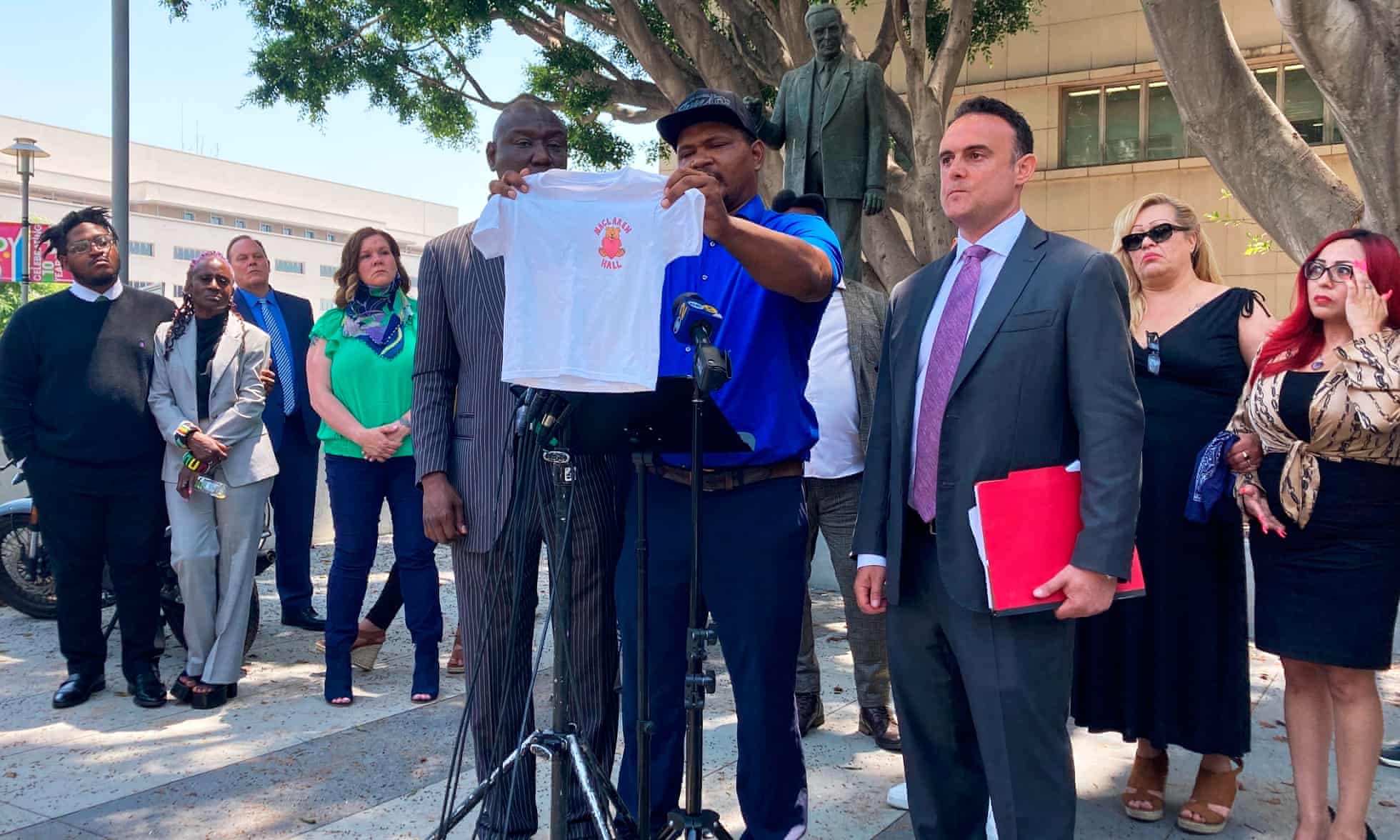 Algorithms that predict stock-price movements have transformed Wall Street. Algorithms that chomp through our Web histories have transformed marketing. Until quite recently, however, few people seemed to believe this data-driven approach might apply broadly to the labor market.
Algorithms that predict stock-price movements have transformed Wall Street. Algorithms that chomp through our Web histories have transformed marketing. Until quite recently, however, few people seemed to believe this data-driven approach might apply broadly to the labor market.
But it now does. According to John Hausknecht, a professor at Cornell’s school of industrial and labor relations, in recent years the economy has witnessed a “huge surge in demand for workforce-analytics roles.”
Hausknecht’s own program is rapidly revising its curriculum to keep pace. You can now find dedicated analytics teams in the human-resources departments of not only huge corporations such as Google, HP, Intel, General Motors, and Procter & Gamble, to name just a few, but also companies like McKee Foods, the Tennessee-based maker of Little Debbie snack cakes. Even Billy Beane is getting into the game. Last year he appeared at a large conference for corporate HR executives in Austin, Texas, where he reportedly stole the show with a talk titled “The Moneyball Approach to Talent Management.” Ever since, that headline, with minor modifications, has been plastered all over the HR trade press.
The application of predictive analytics to people’s careers—an emerging field sometimes called “people analytics”—is enormously challenging, not to mention ethically fraught. And it can’t help but feel a little creepy. It requires the creation of a vastly larger box score of human performance than one would ever encounter in the sports pages, or that has ever been dreamed up before.





 Ukraine's President Volodymyr Zelenskiy confirmed for the first time on Monday that Ukrainian troops have been...
Ukraine's President Volodymyr Zelenskiy confirmed for the first time on Monday that Ukrainian troops have been... Los Angeles county has reached a $4bn agreement to settle nearly 7,000 claims of sexual abuse...
Los Angeles county has reached a $4bn agreement to settle nearly 7,000 claims of sexual abuse...






























